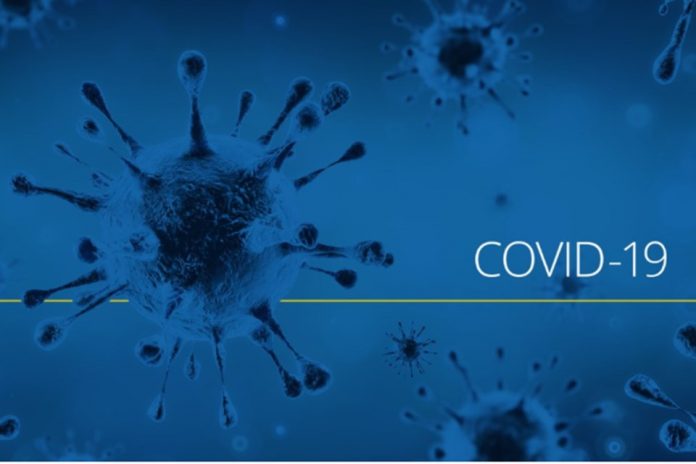At least two people are in hospital with COVID-19 after having attended a large demonstration in Montreal earlier this month to protest public health restrictions.
Public health authorities in Chaudière-Appalaches, the region south of Quebec City, had expressed concern about chartered buses that took residents to the May 1st demonstration near the Olympic Stadium.
Two weeks ago, the authorities asked people on board two buses in particular — about 50 people in total — to get tested because several people with COVID-19 had made the trip with them. It takes more than two hours to drive from Lévis, Que., to the Olympic Stadium.
Dr. Liliana Romero, the Chaudière-Appalaches public health director, told Radio-Canada they have linked five cases, and two hospitalizations, to the trips to Montreal for the protest.
She added that the people who took part are offering little collaboration with the contact tracing efforts.
“We remind people of the importance of collaborating with contact tracing in order to protect other citizens and stop transmission,” the Chaudière-Appalaches public health authority said in a statement.
Quebec’s epicentre
Chaudière-Appalaches currently has the second highest case rate in the province, with 167.6 cases per cases 100,000.
The region to the east, Bas-Saint-Laurent, has the highest rate, with 200.7 cases per 100,000.
The Bas-Saint-Laurent cases are concentrated in and around the Rivière-du-Loup area. Elected officials there have attributed the spike to the combination of more contagious variants and an economy dependent on manufacturing, where few workers can work from home.
A meat factory in Rivière-du-Loup, Viandes du Breton, was closed last week after an outbreak led to more than 100 workers testing positive for COVID-19.
A further 80 workers tested positive at the Aliments Asta meat factory in Saint-Alexandre-de-Kamouraska, Que, authorities said Friday.
“Transmission is certainly high within the business, but it is also very high in the community and the Rivière-du-Loup area in general, which means the two situations reinforce each other,” Dr Sylvain Leduc, the Bas-Saint-Laurent public health director.
































